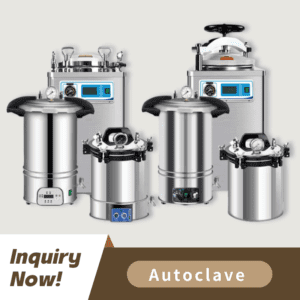
The purpose of dental autoclave sterilizers is to remove bacteria and viruses from dental tools to ensure their safety for future use. Dental practices rely on these devices to maintain a hygienic environment and prevent cross-contamination between patients.
Distributors who supply top-notch dental autoclave sterilizers fulfill the rising need for dependable and efficient sterilization tools. As infection control becomes more critical the autoclave market grows which results in profitable chances for medical equipment suppliers.
Modern dental autoclaves achieve effective sterilization of instruments by utilizing high-pressure steam technology. Some key technological features include:
Pre-vacuum and post-vacuum cycles enable complete sterilization of hollow and porous instruments.
During high temperature sterilization medical instruments are exposed to temperatures ranging from 121°C to 134°C to eradicate all microbial life.
Automatic drying systems stop moisture from staying on instruments to prevent contamination.
Regulatory standards for dental autoclave sterilizers are strict to guarantee both safe and effective sterilization results. Look for devices that comply with:
ISO 13485 defines international requirements for quality management systems in medical device manufacturing.
Products that enter the European Union market must obtain CE Certification.
Dental autoclave sterilizers need FDA Approval when sold within United States borders.
Dental practices require sterilization equipment to be user-friendly to function effectively. Touch-screen interfaces along with pre-programmed sterilization cycles and compact designs enhance the appeal of these devices for end users.
Operational expenses decrease with energy-efficient models and stainless steel chambers provide durable reliability.
The dental autoclave market worldwide experiences fast growth as awareness of infection control methods increases. Distributors have the opportunity to benefit from market trends by supplying their clients with premium sterilizers.
Distributors who purchase dental autoclaves in bulk gain access to multiple benefits.
Lower unit costs
Custom branding options (OEM/ODM)
Flexible shipping and logistics solutions
A dependable manufacturer relationship assures product quality consistency together with punctual delivery times.
Selecting the appropriate dental autoclave sterilizer involves understanding both market needs and technical specifications.
The target market’s needs determine requirements such as chamber size, sterilization cycle choices, and compliance standards.
Pay attention to details like:
Chamber capacity (e.g., 18L, 23L, 35L)
Sterilization cycle duration
Voltage compatibility (110V or 220V)
Choose manufacturers that provide complete after-sales services which encompass technical support along with spare parts and warranty coverage.
Autoclaves with IoT capabilities permit remote operation and maintenance which leads to enhanced performance and reduced operational interruptions.
Medical equipment design now emphasizes sustainable features. Choose models that use less water and energy during operation.
Dental clinics that have limited space are increasingly adopting smaller, portable autoclaves.
Autoclave sterilizers for dental practices provide essential sanitation and protection for both staff and patients. Distributors and resellers who provide high-quality sterilizers not only address market needs but simultaneously establish trust among their clients. Knowing the main attributes and regulatory standards of these sterilization devices enables you to buy wisely and achieve market leadership.
Our team provides expert assistance to find customizable and dependable dental autoclave sterilizers. Reach out to us today to discover what our products and services have to offer.
Q1: What is the typical lifespan of a dental autoclave sterilizer? Most dental autoclaves have a lifespan of 8–10 years with proper maintenance.
Q2: Are your sterilizers customizable? Yes, we offer OEM/ODM services, including custom branding and design options.
Q3: What certifications do your autoclaves hold? Our sterilizers comply with ISO 13485, CE, and FDA standards.
Q4: How long does it take to process a bulk order? Production time varies depending on order size, but most orders are completed within 15–20 days.
Q5: Do you provide after-sales support? Yes, we offer comprehensive after-sales services, including technical support and spare parts supply.
For more information or to request a quote, please contact us:
E-Mail: inquiry@shkeling.com
WhatsApp: +86 182 2182 2482
Website: https://autoclaveequipment.com
We look forward to helping you grow your business with our high-quality dental autoclave sterilizers!

Die Sterilisation ist ein wesentliches Element der Infektionskontrolle sowohl in Gesundheitseinrichtungen als auch in Laborumgebungen. Die Sterilisation im Autoklaven durch Dampf erweist sich bei vielen Anwendungen als effektiv, aber suboptimal bei
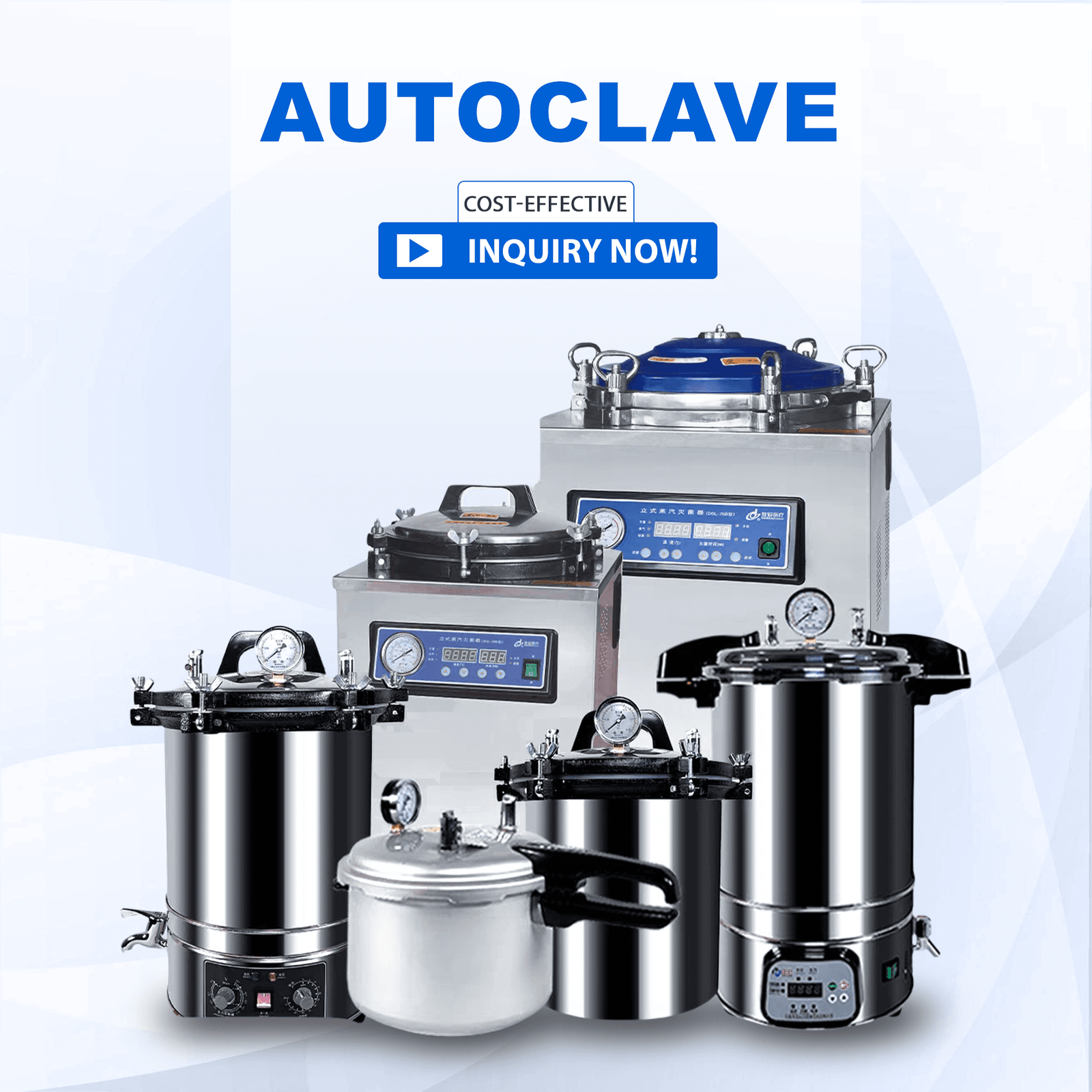
Medizinisches Fachpersonal auf der ganzen Welt vertraut auf Autoklaven als unverzichtbare Instrumente zur Gewährleistung der Sicherheit und Sterilität von medizinischen Instrumenten. Händler von Medizinprodukten und Beschaffungsspezialisten müssen die Prinzipien und Vorteile von Autoklaven verstehen

Die Fortschritte im Gesundheitswesen machen es unabdingbar, dass medizinische Instrumente jederzeit sicher und steril bleiben. Vertriebsunternehmen, Händler und Beschaffungsexperten für medizinische Geräte müssen die Sterilisationsmethoden kennen, um effektiv arbeiten zu können. Die Website
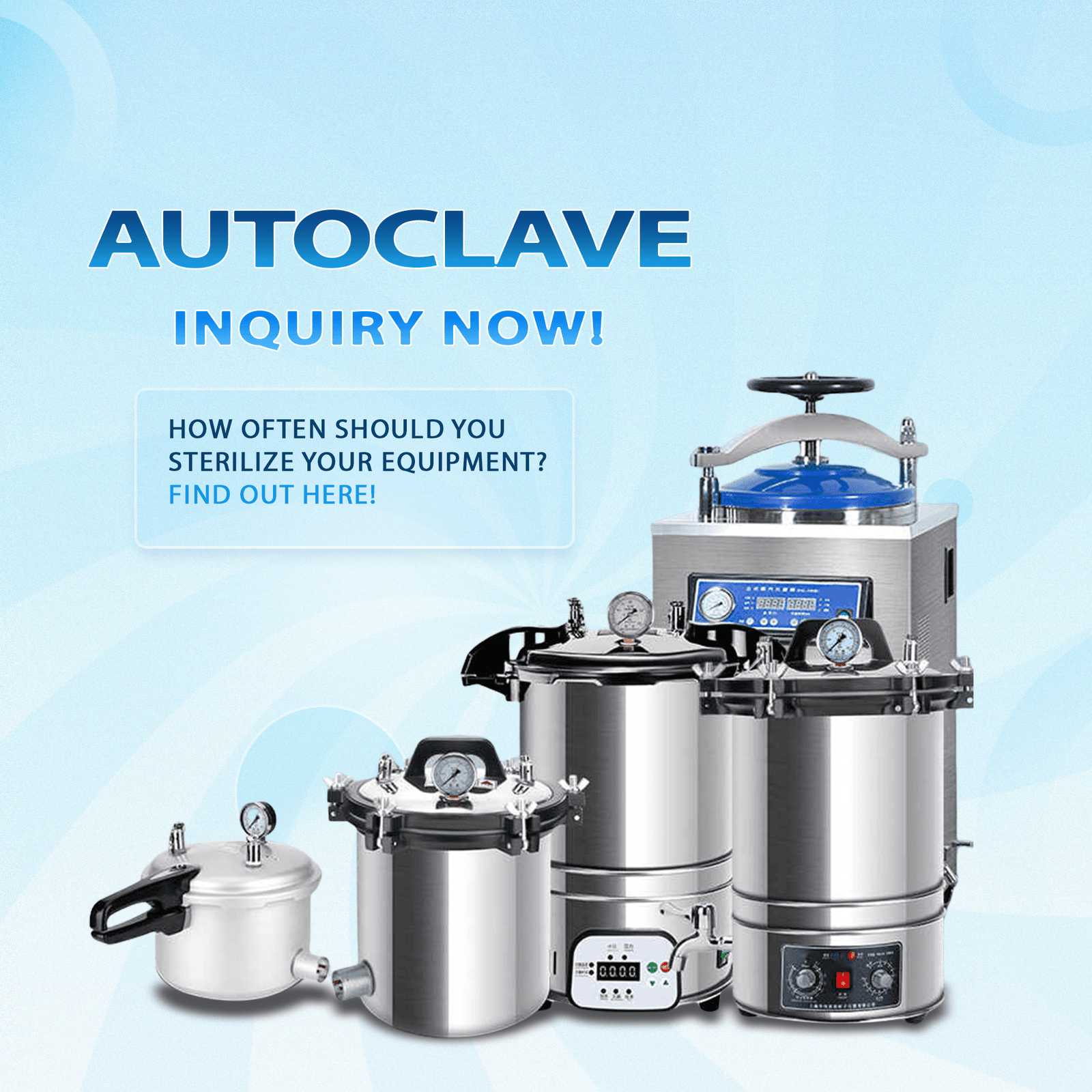
Für die Sterilisation von medizinischen Geräten und Instrumenten sind Autoklaven erforderlich, da sie die Sicherheit der Patienten schützen und die Einhaltung der gesetzlichen Vorschriften erleichtern. Auch die ausgefeiltesten Autoklavensysteme unterliegen gewissen Einschränkungen. Vertreiber von Medizinprodukten,
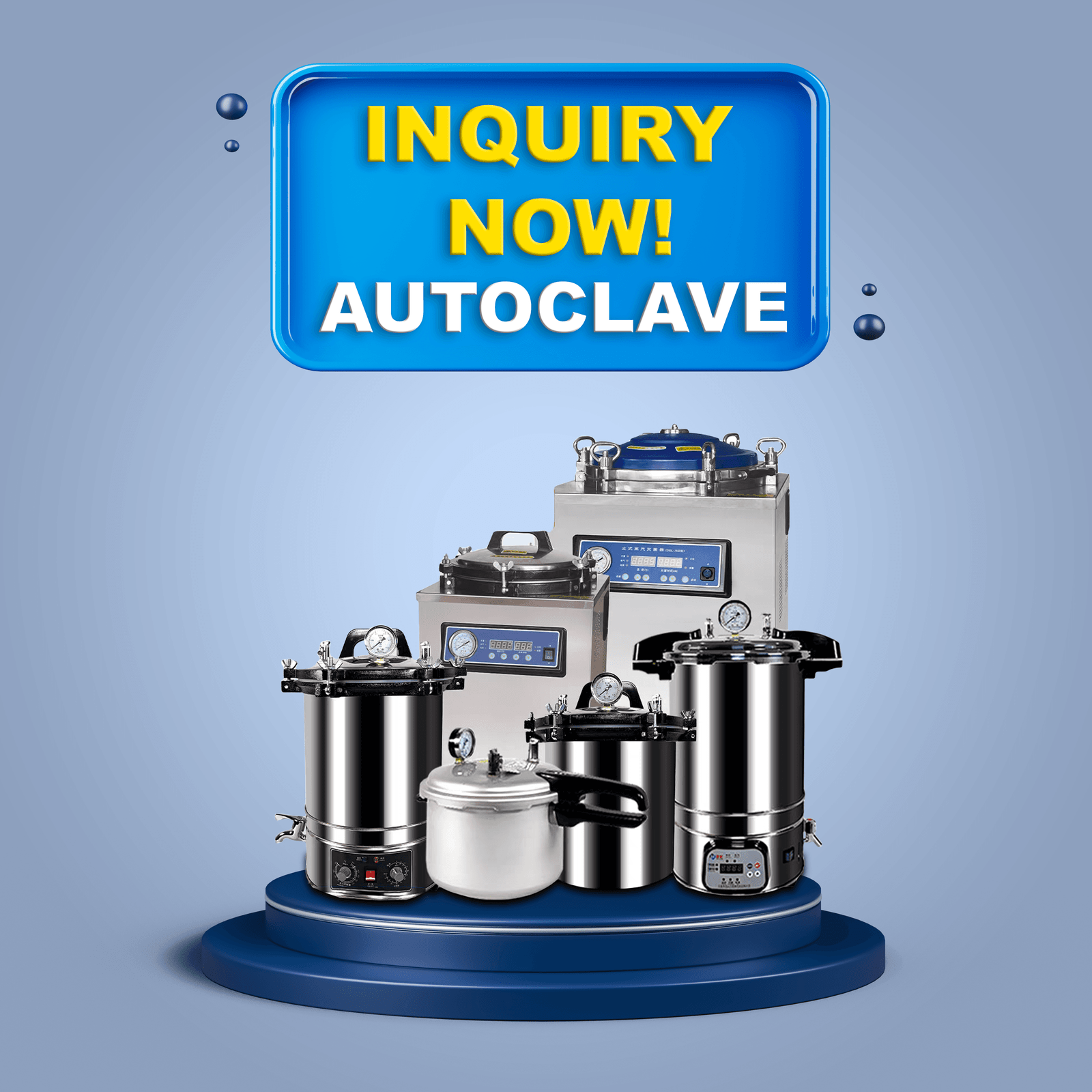
In der Herstellung von Medizinprodukten sind Autoklaven unverzichtbar, da sie eine gleichmäßige Sterilisation verschiedener Instrumente und Materialien gewährleisten. Autoklaven nutzen gesättigten Hochdruckdampf zur Ausrottung von Bakterien, Viren, Pilzen und
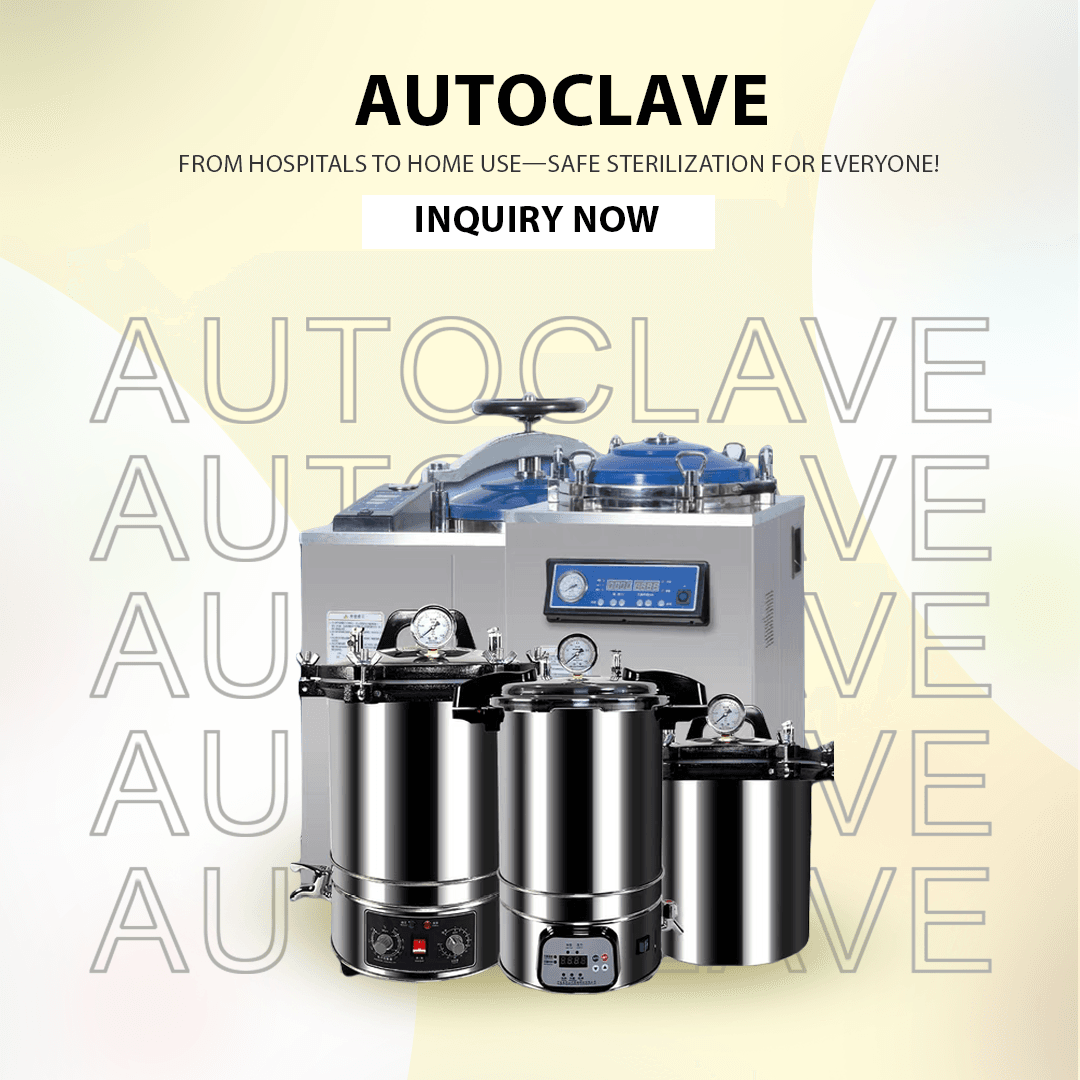
Autoklaven sind wichtige Geräte im Gesundheitswesen und in der Wissenschaft, da sie Instrumente und Materialien konsequent sterilisieren. Vertreiber von medizinischen Geräten sowie Händler und Beschaffungsexperten müssen dafür sorgen, dass Autoklaven funktionieren